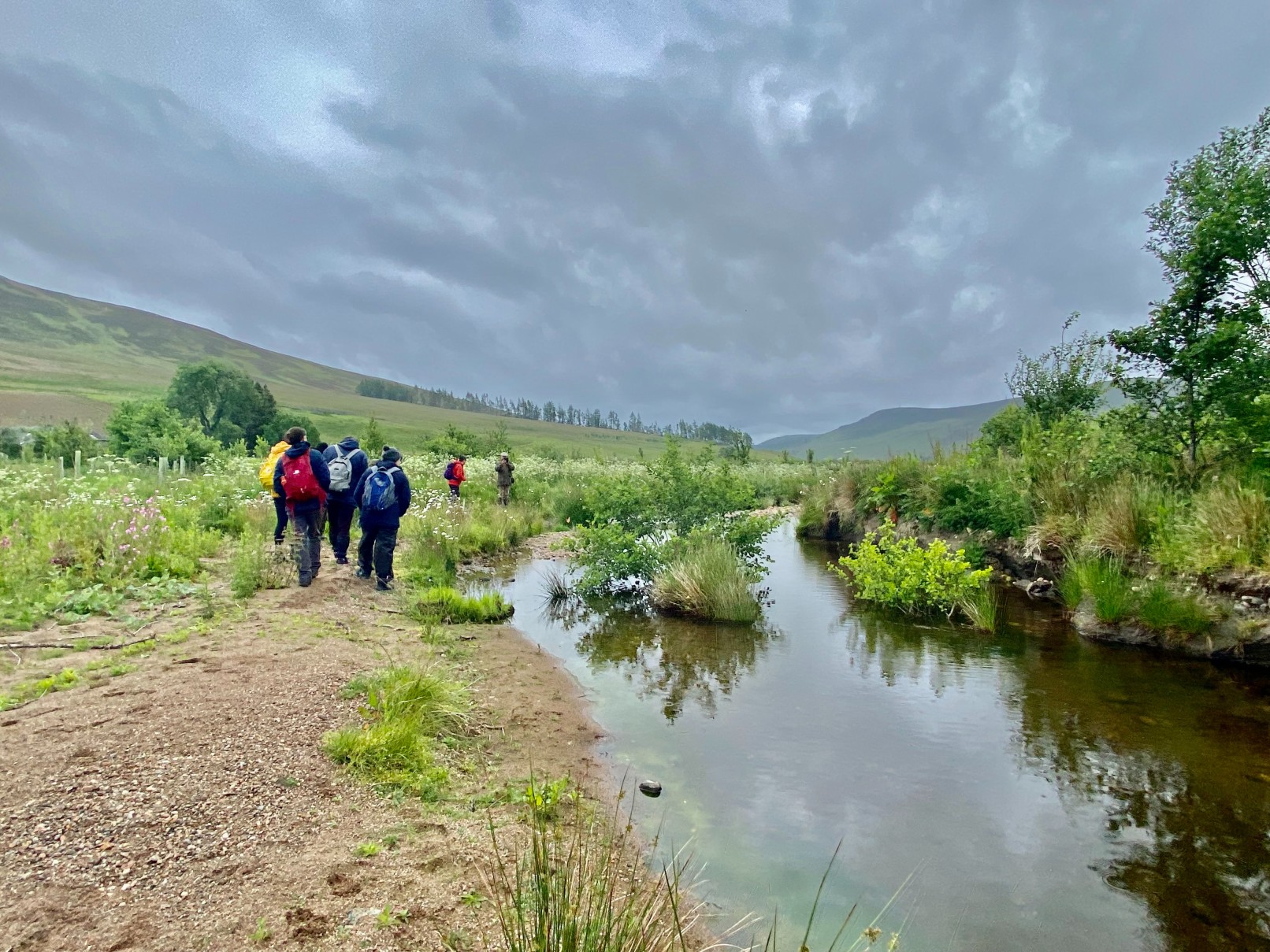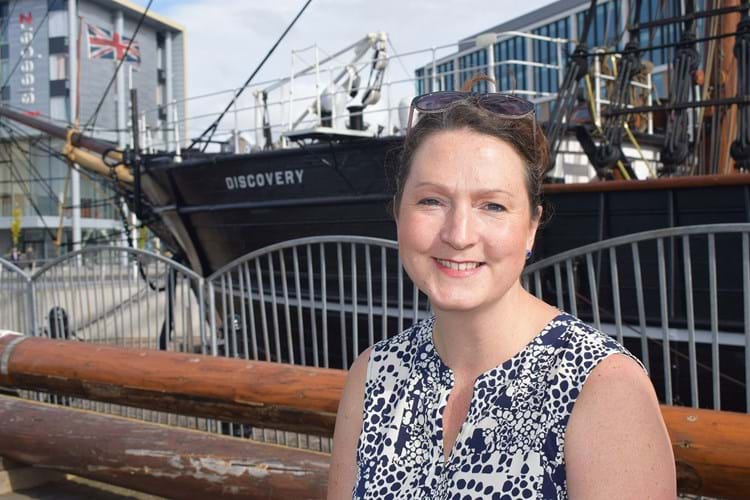Pause carousel
Play carousel

Projects led by Abertay University are among a host of innovative climate change initiatives bringing together cultural and environmental organisations.
The Climate Beacons initiative was launched in June 2021 by the arts and sustainability charity Creative Carbon Scotland to mobilise people in response to the COP26 United Nations climate talks that took place in Glasgow in November 2021, and for the future.
It involves collaborations between local cultural organisations, environmental agencies, research institutions, and community groups based in seven regions across Scotland that create events and activities that respond to the most pressing environmental issues in their locations. These include Scotland’s temperate rainforests, industrial heritage, water, adaptation to climate change, land use, biodiversity, and green jobs.
A new report demonstrating the project's success has today been released, including a spotlight on several initiatives involving Abertay and local partners from the Tayside branch, including Dundee Rep, the James Hutton Institute, V&A Dundee, Creative Dundee and many others.
Collaborations have included field trips between artists and researchers, commissioning of new artistic work and public events combining creative performances and presentations from local environmental organisations.
Artistic work created as part of the Tayside Climate Beacon included sculptures by Kristina Aburrow, a new dance performance and workshop for schools by Shaper Caper, and storytelling by Alex Turner.

Dr Rebecca Wade (above), Senior Lecturer in Civil and Environmental Engineering in Abertay University's School of Applied Sciences, said "We know the science, the facts were there, but it was the artists that really made the difference. They turned information and knowledge to action, they stimulated hearts and minds, initiating feelings that can help us do what we really need to do."
Over 160 events took place across Scotland, involving over 50 organisations and more than 18,000 attendees. The report concluded that activities attracted diverse audiences and successfully engaged new people in the climate conversation, while localised creative approaches brought abstract climate concepts to life and audiences expressed a strong appetite for further work.